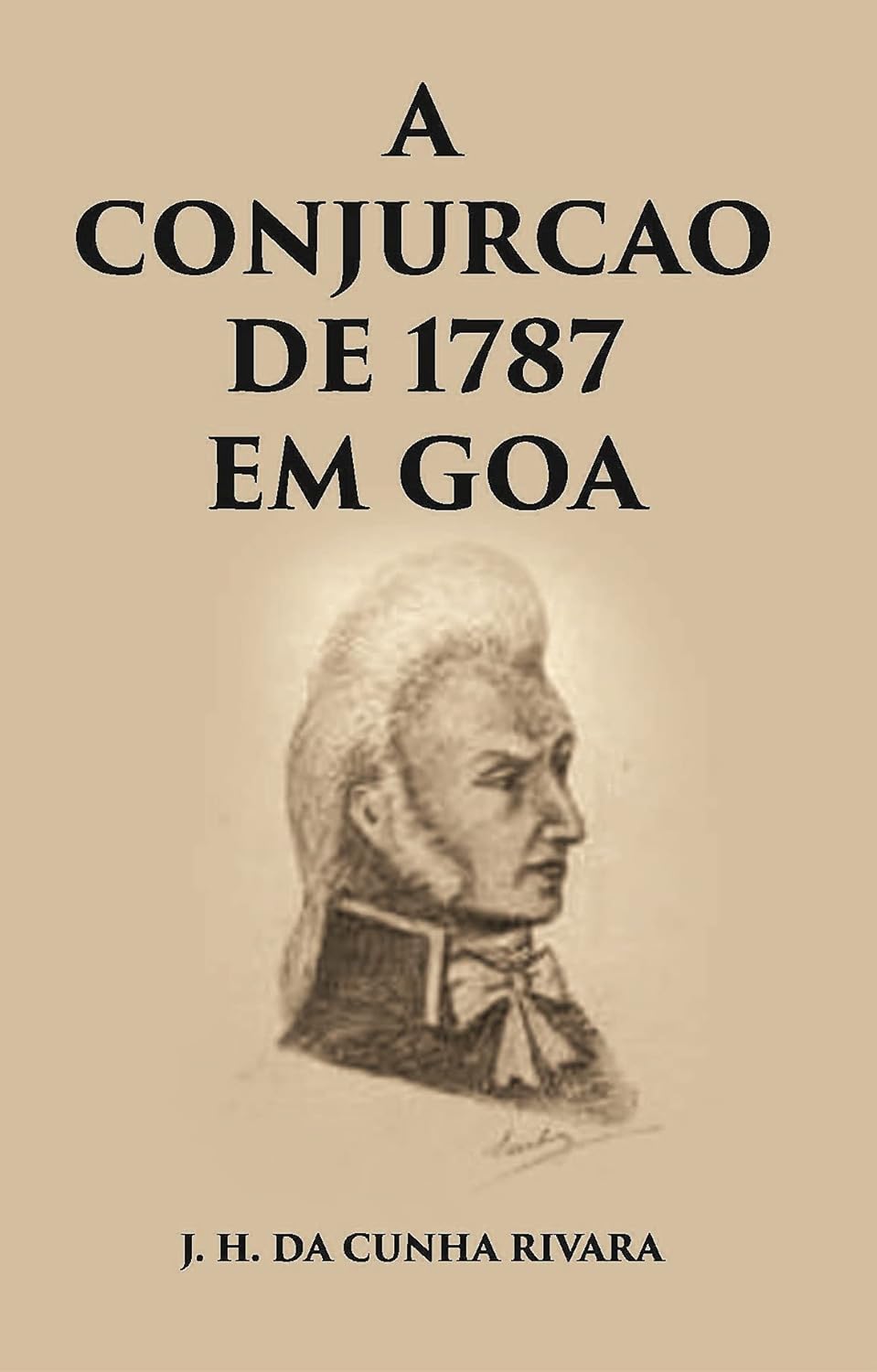A Conjuracao De 1787 Em Goa - PB
A Conjuracao De 1787 Em Goa - PB
Couldn't load pickup availability
About the Book:-In this rare and valuable work, the author had intended as he put it to correct the confused legends about the revolt in Goa known as that of the Pintos and had been impelled to find out the exact details of how the events had taken place". He describes the disclosure of the conspiracy and its working, the arrests of the priests involved and offers his own reflections on the plot. The work is well documented and ends with notes on the Pinto family and a description of their family chart. He trusts the reader will find his report devoid of any bias. Everyone profits from the truth; and that is why everyone also comes from you to help it shine in history, where it is no less necessary than in the current treatment of life. In the exercise of that office he spent 22 years in Goa. He succeeded in winning the confidence of the politicians of the time thanks to his excellent work in the improvement of administrative services, public education and popular education, being appointed eventually also to the post of Commissioner of Studies in India. He also took interest in the economic and industrial progress of the State and the living conditions of its people, especially the issues of language, and is considered a pioneer in the study of the Konkani language, which till his time had been regarded as a mere dialect. This work is an indispensible one in the context of Goa. The book is in the Portuguese language, and is a reprint of the 1875 edition. About the Author:-Joaquim Heliodoro da Cunha Rivara (1809 --1879 was a Portuguese physician, professor, intellectual and politician. He excelled as a scholar of the history of the Portuguese presence in India and as a champion of the Konkani language. However, he was not attracted to clinical practice and therefore chose an administrative career in the Civil Government of Évora, which he joined in 1837 as administrative officer of its secretariat
Share

